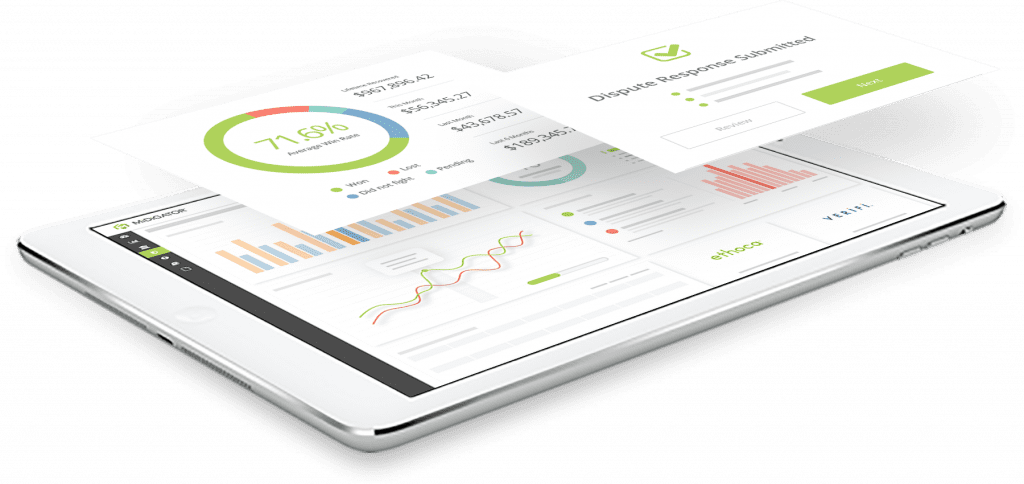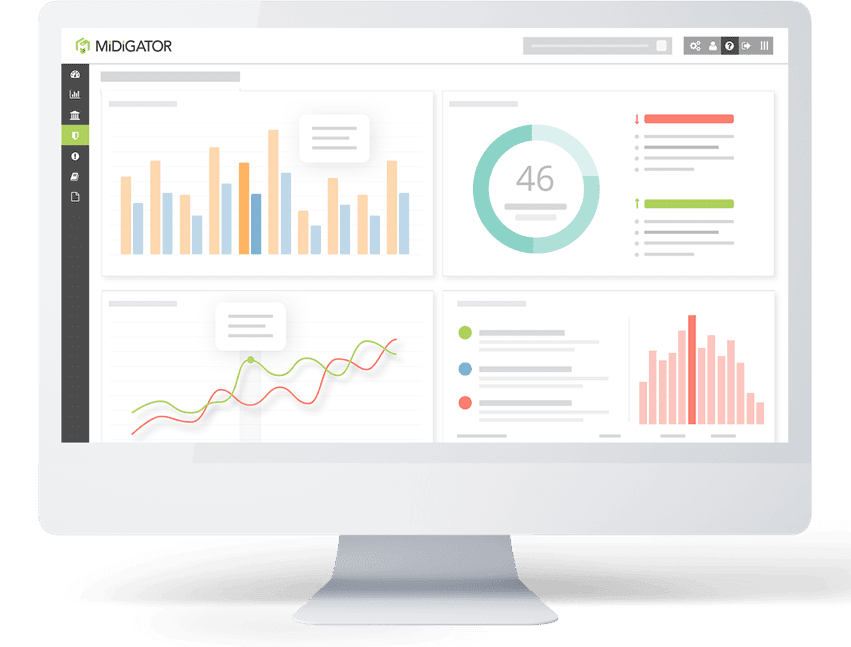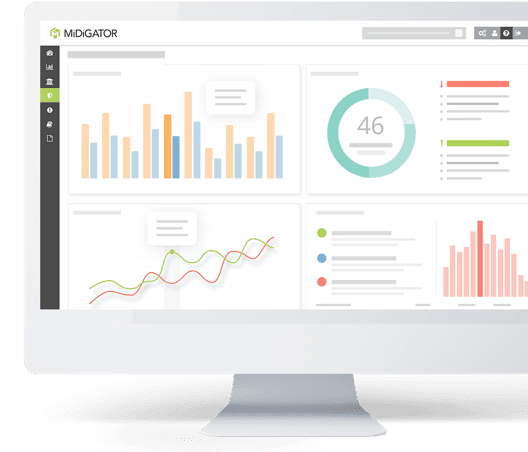A chargeback analyst is a professional who specializes in evaluating, assessing, and managing a company’s chargebacks. This employee is responsible for determining the appropriate response for each chargeback and proactively preventing future risk.
For many businesses — especially those that sell online — a chargeback analyst is an essential role that has to be filled, because chargebacks have become an ever-present danger.
In this detailed guide, we’ll look at chargeback analyst responsibilities, qualifications, and when it makes sense for your business to hire a chargeback analyst.
Chargeback Analyst Responsibilities
Let’s look at some specific examples of the chargeback analyst responsibilities that help businesses prevent and fight chargebacks.
Investigate & Resolve Disputes
Not all customer complaints become chargebacks. Sometimes, an issue can be resolved another way. For example, Order Insight and chargeback alerts provide alternate dispute resolution tactics.
A chargeback analyst would help decide if these tools would be relevant for your business. If so, the analyst would manage the workflows, monitor effectiveness, and implement necessary process changes.
Prepare Evidence & Fight Chargebacks
Transaction disputes often arise from fraud — either “friendly” fraud or actual malicious fraud.
Friendly fraud is when the cardholder uses the chargeback process incorrectly, either intentionally or through a misunderstanding. On the other hand, malicious fraud occurs when a cardholder’s payment card or account information is used without the cardholder’s permission.
Research has found that the majority of chargebacks result from friendly fraud — which can and should be challenged.
Once the reason for the chargeback has been uncovered, the chargeback analyst has to decide if your business should fight the chargeback or if you would have a better ROI by simply accepting liability.
If the case should be fought, the chargeback analyst would be responsible for checking the chargeback reason code and collecting supporting documents that disproves the validity of the chargeback claim. This information is then collated and submitted as part of the chargeback response.
Monitor & Evaluate Chargeback Activity
A high chargeback-to-transaction ratio not only costs your business money, but can result in you losing the ability to process debit and credit card transactions. Therefore, chargeback analysis and prevention is usually a top priority for most chargeback analysts.
Chargeback analysts monitor chargeback data to identify trends and patterns that could increase risk, such as delivery issues, confusing customer policies, or bad product quality.
From there, chargeback analysts coordinate with your chargeback management team and other departments. Through collaboration, team members can implement changes and solutions designed to prevent chargebacks.
Maintain Compliance with Card Brand Regulations
Card networks’ rules and regulations change over time. When they do, your business must ensure it’s compliant with any new or altered requirements.
Chargeback analyst responsibilities include remaining up-to-date on these changes and developments. They may also make recommendations and suggestions to your team to ensure continued compliance with new regulations.
Provide Training and Guidance
Because chargeback analysts specialize in their role, they also serve as the top source for chargeback-related training, development, and guidance. Chargeback analyst responsibilities may include helping to update customer policies or training other team members to more effectively mitigate chargeback risk.
For example, a chargeback analyst may notice a high rate of chargebacks related to a service you sell to customers on a recurring basis. During the investigation, the chargeback analyst may determine the cancellation policy is overly confusing. To reduce the related chargeback rate, the chargeback analyst may recommend simplifying the cancellation policy or sending customers reminders before each new billing cycle, driving down the chargeback ratio and saving your business money.
Chargeback Analyst Qualifications
Chargeback analyst qualifications aren’t set in stone and vary from business to business. Your expectations of a chargeback analyst may differ from that of other businesses in your industry.
For example, the qualifications of an analyst intended to fill a primarily compliance-related role may be more or less demanding than an analyst with less in-depth responsibilities.
Typically, chargeback analyst qualifications include:
- The ability to communicate professionally with internal teams, partners, and vendors — both verbally and in writing
- Strong analytical, problem solving, and listening skills
- The ability to multitask
- Knowledge of card brand rules and regulations
- Proficiency with office software, such as Microsoft Word and Excel
- Familiarity with chargeback management software, such as Midigator®
- A degree in accounting, a degree in finance, or a degree in business may be preferred or required
- One or more years of experience with chargeback processing may be preferred or required
Some businesses might have one or more dedicated chargeback analysts. But at smaller businesses, chargeback analysts sometimes serve dual functions.
For example, you may require chargeback analysts to be more customer service-oriented. The resulting chargeback analyst job description would highlight the need for customer service experience and skills.
In other cases, chargeback analysts may also fulfill aspects of an accounts receivable role. As a result, you would likely highlight qualifications surrounding payment processing, auditing, and bank reconciliations.
Do You Need a Chargeback Analyst?
All merchants deal with chargebacks. Some merchants — particularly smaller businesses — may be able to get away with assigning chargeback management to an employee with multiple responsibilities. Other merchants, such as enterprises, may need a dedicated chargeback analyst — or even a team of chargeback analysts that specialize in different roles.
Your transaction volume and the number of disputed transactions dictates, in part, what type of financial investigator your business needs. Even still, chargeback analysts function proactively to mitigate chargeback risk and reduce the potential of receiving a transaction dispute, so all businesses benefit from some type of chargeback analyst role.
Using chargeback management software like Midigator empowers your team with tools designed to analyze, fight, and prevent chargebacks.
So after you promote or hire a dedicated chargeback analyst — or team of chargeback analysts — Midigator becomes a valuable part of your arsenal. Intelligent chargeback technology protects your ROI, reducing time spent fighting chargebacks by 85% and costing 45% less than most in-house processes.
Monitor Chargebacks with Midigator!
Chargebacks can have a significant impact on your business and its bottom line. Whether you hire a single chargeback analyst or spread chargeback analyst responsibilities across your team, Midigator can help by:
- Collating all chargeback information into a single portal
- Creating automated and streamlined workflows
- Submitting intelligent dispute responses in a single click
- Compiling detailed reports, including win/loss results
- Monitoring team member accuracy and productivity
Sign up for a demo of Midigator today to empower your team with the tools you need to manage chargebacks and reduce risk.













